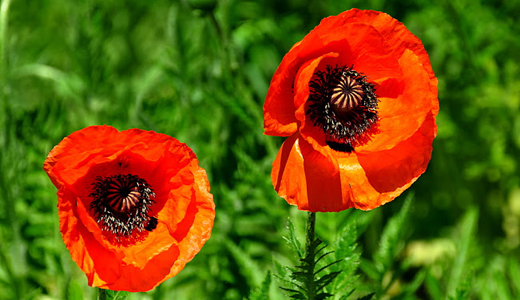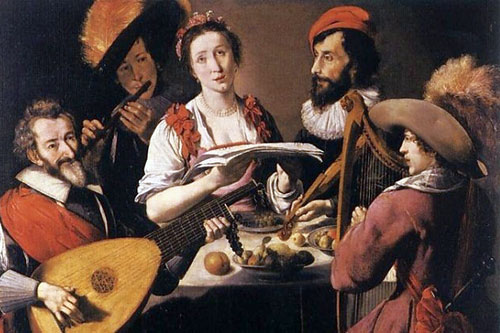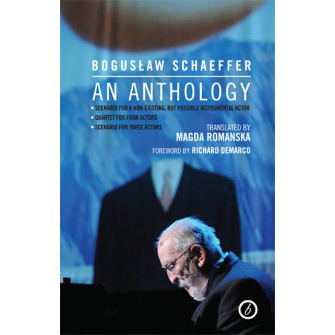
Poppies in Górecko, Poland
PHOTO by CR’s favorite photographer, Sławomir Nowosad.
The arts, in all their variety, are mirrors that reflect a people. We owe so much to artists. They make us laugh, cry, think, and see ourselves in our infinite variety, so no wonder we admire those talented people who create images, words and music that enrich our lives.
This issue, we focus on them, whether we find them working in films, theatre, or galleries, composing music or performing it, writing plays or acting, or writing prose or poetry. You’ll find them all represented here.
Let’s start with the movies. For that we’re grateful to Agnieszka Niezgoda and Jacek Laskus, whose marvelous book, Hollywood.pl, introduces us to some of the most talented people to ever leave Poland – not necessarily forever – and make their mark in the dream capital of the world.
Hollywood has been a talent magnet for a long time and one of the first superstars was Poland’s Pola Negri. Justine Jablonska reviews her story written by Mariusz Kotowski.
Poland’s poets… as once written in the New York Times, “if cash money were on the line…” few critics would bet against Polish poets being the best in the world. With that in mind, Agnieszka Tworek spoke to award-winning translator Joanna Trzeciak about her work – and her friendship – with two of the greats: Wisława Szymborka and Tadeusz Różewicz.
And speaking of poets, Magda Romanska introduces us to a poet and playwright who also happens to be a Nobel Prize-winning scientist, Roald Hoffmann. Join them for a discussion about the arts and science, and about Polish roots.
Beth Holmgren revisits prewar Polish cabaret… and its postwar reappearance in Tel Aviv.
Meanwhile, Lara Szypszak has a few suggestions about galleries, performances and generally low cost and easily accessible culture in Warsaw. Join her.
An anthology of modern Polish plays, (A)pollonia, came to our attention via Will Harrington. The eleven plays, some performed in many countries, are set in Poland but deal with universal themes.
Łukasz Wodzyński returns to CR to share his love, and understanding, of modern Polish literature with an essay about the Introduction to Polish Literature by Jarosław Anders and a review of a new edition of Gombrowicz’s Diary, with the great writer’s thoughts on everything from the Catholic Church to Marxism, and the human condition in general.
Finally, there’s that long established and very special art form that, over time, has left us a record of some of the most interesting people in every culture: letter writing. We bring back that most colorful member of the original, 19th century Polish Society of California – not to mention a great American patriot, Rudolf Korwin Piotrowski, in a translation of previously unpublished letters found in the library of Jagiellonian University by the research/writing team, Maureen Mroczek Morris and Lynn Ludlow, who seem to travel between centuries with the greatest of ease.
And another writer whose letters transcend time and place, Krystyna Wituska, will be remembered in Germany on June 26th with a new book and a monument unveiled by the Memorial Centre in Halle Saale. A young member of the Polish underground, her words about war and peace, friendship and love, hairstyles, fashion, literature and fun, as well as life and death, were written to her parents and also – in what must be a unique prison correspondence – to the daughter of her compassionate German prison guard. Seems Wituska’s letters were written for our troubled times.
Enjoy the summer, read a lot, visit galleries and theatres, go to movies, and tip your hat to the creative people who make all this possible.
CR



